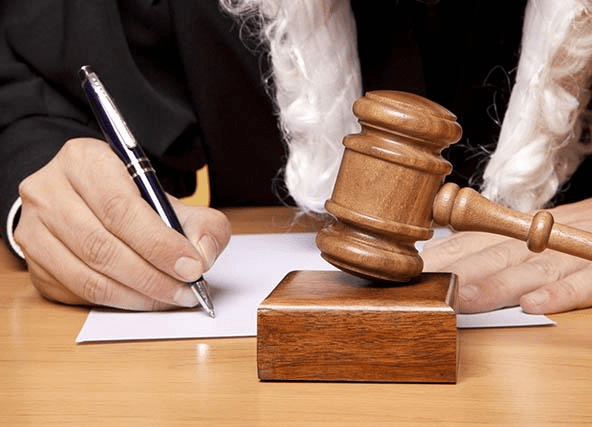Foreigners often look for creative ways to own land in Thailand — one of the most common (and riskiest) methods is through a nominee land ownership scheme. While it may sound like a clever workaround, it’s important to understand the legal risks, consequences, and alternatives before going down this path.
❗ What Is a Nominee Land Ownership Scheme?
A nominee arrangement is when a foreigner buys land in the name of a Thai citizen (usually a friend, spouse, or employee), who legally owns the land on paper, while the foreigner provides all the money and assumes control in practice.
This is done to bypass the law that prohibits foreigners from owning freehold land in Thailand.
🚫 Why It’s Illegal
Under Thai law:
- Foreigners cannot use a Thai person as a “nominee” to hold land on their behalf
- If proven, this is considered an attempt to evade the Land Code Act
- Both the foreigner and the Thai nominee may face criminal charges
📌 Section 96 of the Land Code explicitly forbids land ownership through Thai nominees used by foreigners.
⚠️ Legal Risks and Penalties
| Issue | Consequences |
|---|---|
| Nominee arrangement exposed | Land can be confiscated by the government |
| Criminal prosecution | Fines up to ฿20,000 or imprisonment up to 2 years |
| Fraud investigation | If documents or transfers are falsified, more serious charges |
| No legal ownership | The foreigner has zero protection if the Thai owner takes the land |
| Relationship breakdown | The Thai nominee can sell, transfer, or mortgage the land without consent |
📊 Risk Summary Table
| Factor | Legality | Risk Level |
|---|---|---|
| Land in Thai spouse’s name | 🟥 Illegal if used as nominee | High |
| Thai friend or employee nominee | 🟥 Illegal and traceable | Very High |
| Thai-majority company nominee | 🟧 Legal only if it’s a real business | Medium–High |
| Leasehold with registered title | 🟩 Legal and enforceable | Low |
| Usufruct or mortgage options | 🟩 Legal alternatives | Low |
🕵️♂️ How Authorities Detect Nominee Schemes
The Land Department and Ministry of Interior may investigate nominee land ownership based on:
- Unusually high-value land held by low-income Thais
- Foreigners occupying, developing, or profiting from land they don’t own
- Repeated foreign involvement in Thai companies buying land
If suspicious, the authorities can:
- Launch an audit
- Request financial documents
- Question both the nominee and foreigner
- Involve the Anti-Money Laundering Office (AMLO)
💬 Real-World Example
A foreign investor in Phuket used a Thai friend as a nominee to acquire beachfront land. Years later, the friend died without a will. The legal heirs claimed the land — and the foreigner had no claim, losing the entire investment.
✅ Safer Legal Alternatives
Instead of risky nominee setups, consider these fully legal options:
| Legal Structure | What It Offers |
|---|---|
| 🏠 30-year leasehold | Secure, renewable land use rights (register at Land Office) |
| 💼 Thai majority company | Possible if it’s a genuine business, not a shell |
| 🔐 Usufruct | Lifetime right to use the property (for residential use) |
| 📝 Right of superficies | Foreigners can own a house on leased land |
📌 These options are recognized by Thai courts and enforceable under law.
📌 Key Takeaways
- Nominee land ownership is illegal and puts your investment at serious risk
- Authorities are actively investigating and shutting down these schemes
- Foreigners caught using nominees can face loss of land, fines, and jail time
- There are legal alternatives that protect your interest without breaking the law




